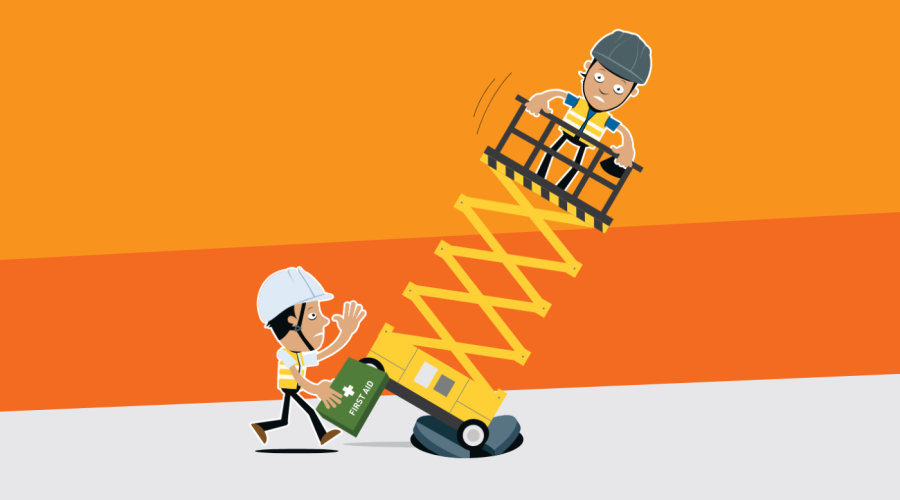IPAF Rental Standard (Including Guidance for Rental Companies)
Resource also available in:
Since its introduction, the use of powered access equipment has continually increased in popularity for various reasons. When compared to more traditional methods of undertaking temporary work at height, mobile elevating work platforms (MEWPs), mast climbing work platforms (MCWP), and construction hoists (CH) can provide significant work efficiencies, cost saving benefits and improved safety. Due to the short term nature of work at height, a significant percentage of powered access equipment is owned by those who rent it out on a temporary basis.
Around the world there are various regional or country specific regulations and standards relevant to powered access equipment which detail the requirements for:
- Design calculations, safety requirements and test methods
- Operator training
- Safety principles for inspection, maintenance and operation
However, there is no such standard or detailed guidance for companies or individuals wishing to rent out this equipment.
The purpose of this IPAF Rental Standard is to acknowledge and document what is recognised as industry good practice, which in many cases exceeds minimum legislative requirements, therefore promoting and enabling the safe and effective use of powered access equipment worldwide.
The standard may be used as a reference by anyone who wishes to establish, or is already managing, a powered access rental company.
Rental companies participating in the IPAF Rental+ accreditation scheme are audited annually against recognised operational procedures and processes as outlined in this standard.
This standard was developed by a panel of international experts in consultation with powered access industry companies and bodies worldwide.
NOTE: While every care has been taken to ensure the accuracy of the material contained within this guidance, no liability is accepted by the authors in respect of the information given. Compliance with this standard does not give automatic assurance of compliance with legislative requirements. It is the duty holders’ responsibility to ensure they comply with legal requirements relevant to the workplace and safe work equipment in the region they are intending to work.
